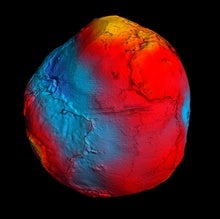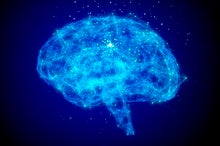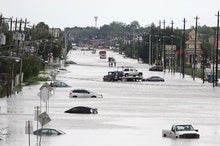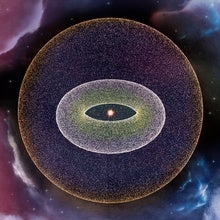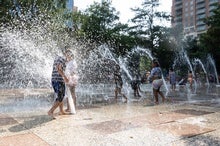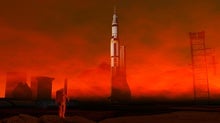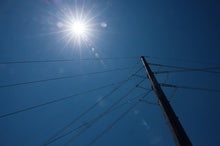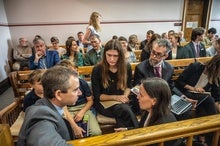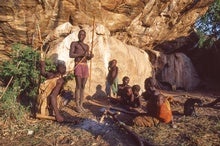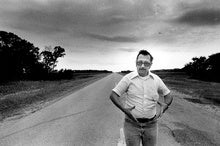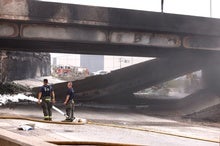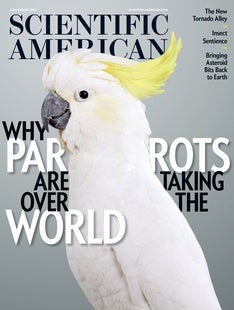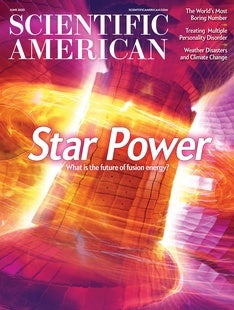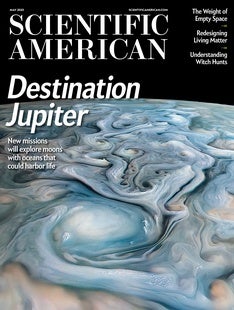 |
| June 30, 2023 |
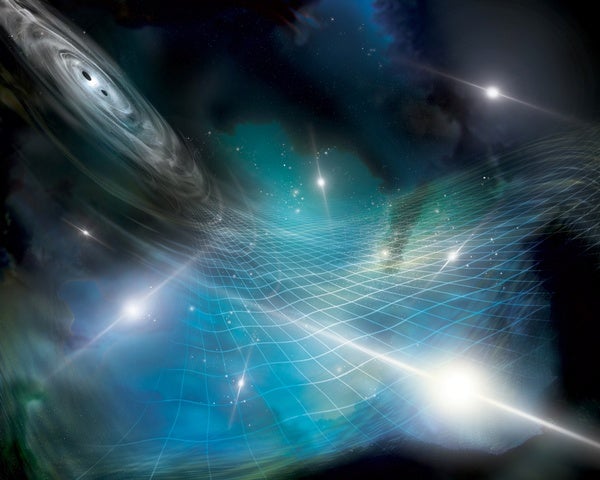 |
| |
| |
| |
| |
| |
| |
| |
| Renewable Energy Solar Power Bails Out Texas Grid during Major Heat Wave Solar power has been crucial to keeping the power on in Texas while the state experiences a major heat wave, even as some politicians have attempted to make it more difficult to connect renewable energy to the grid | | By Benjamin Storrow,E&E News | | | |
| |
| |
| |
| |
BRING SCIENCE HOME
 | | Earthquake Rollers | 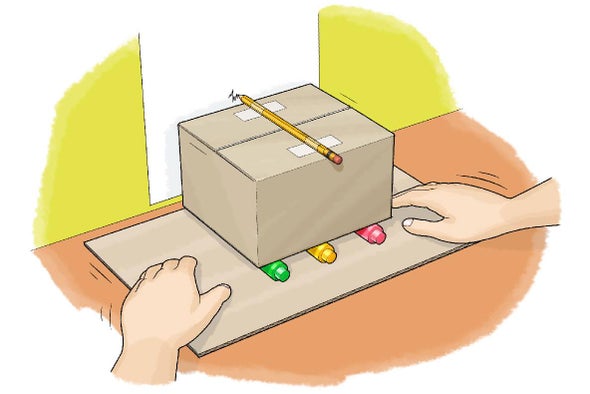 Shake it up! Use physics to see how you can minimize movement during a tabletop earthquake. Credit: George Retseck | Earthquakes can cause serious damage to buildings and be dangerous to people. But some of the world's most populous cities are in earthquake-prone regions. How can engineers keep the millions of people in those cities safe? Find out how you can use science to save lives in this fun activity! | |  | |
LATEST ISSUES
 |
| |
| Questions? Comments?  | |
| Download the Scientific American App |
| |
| |



